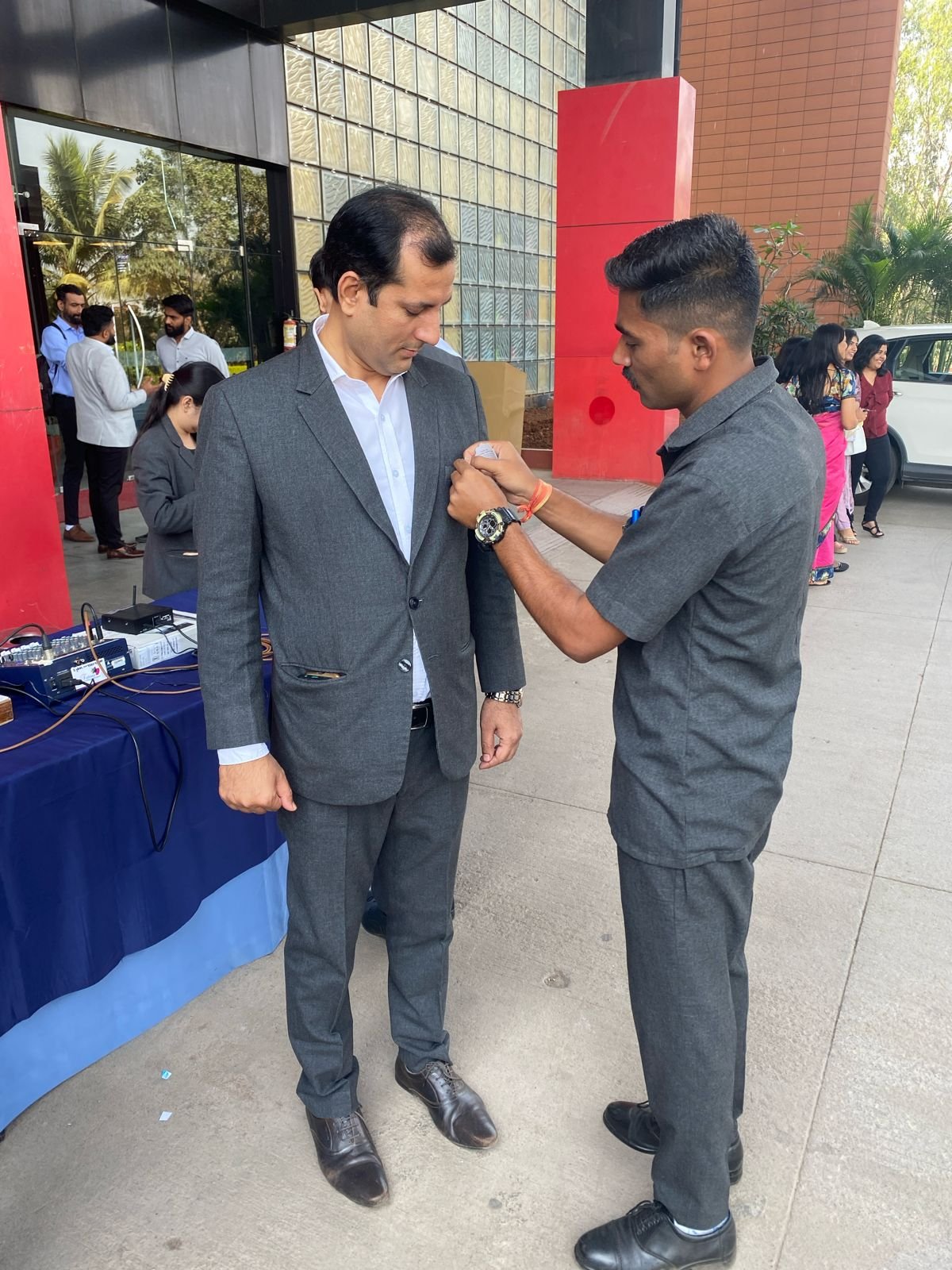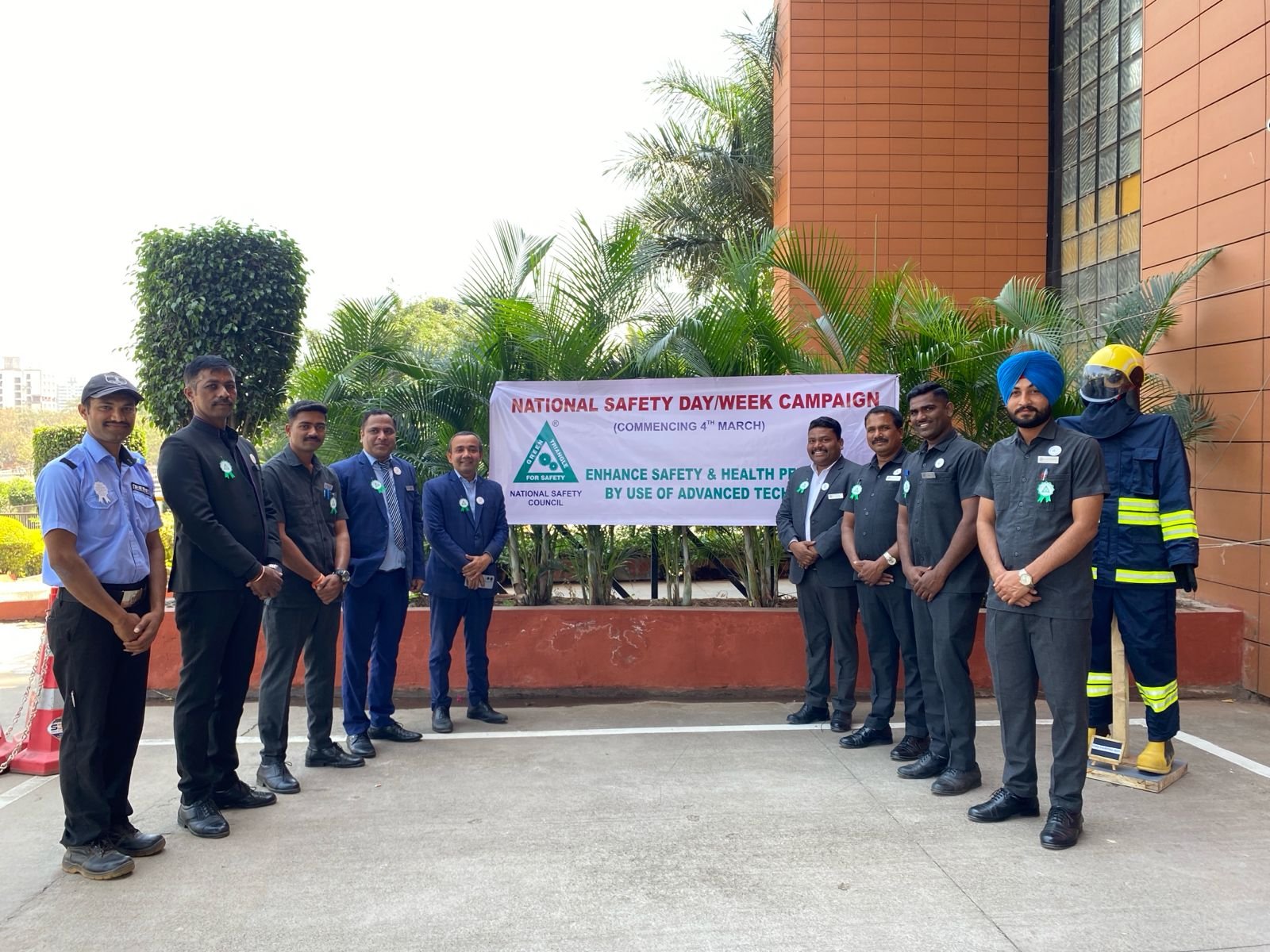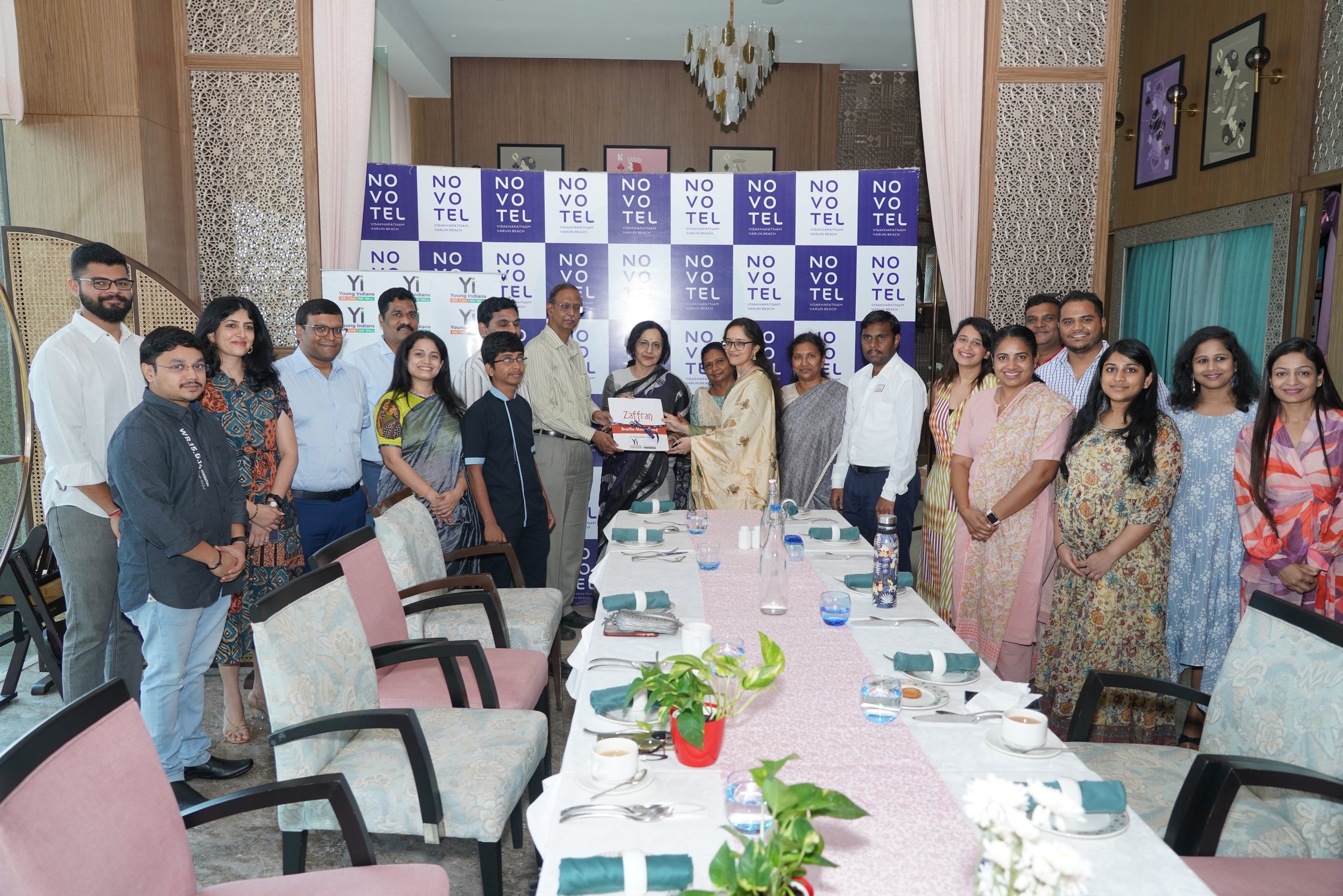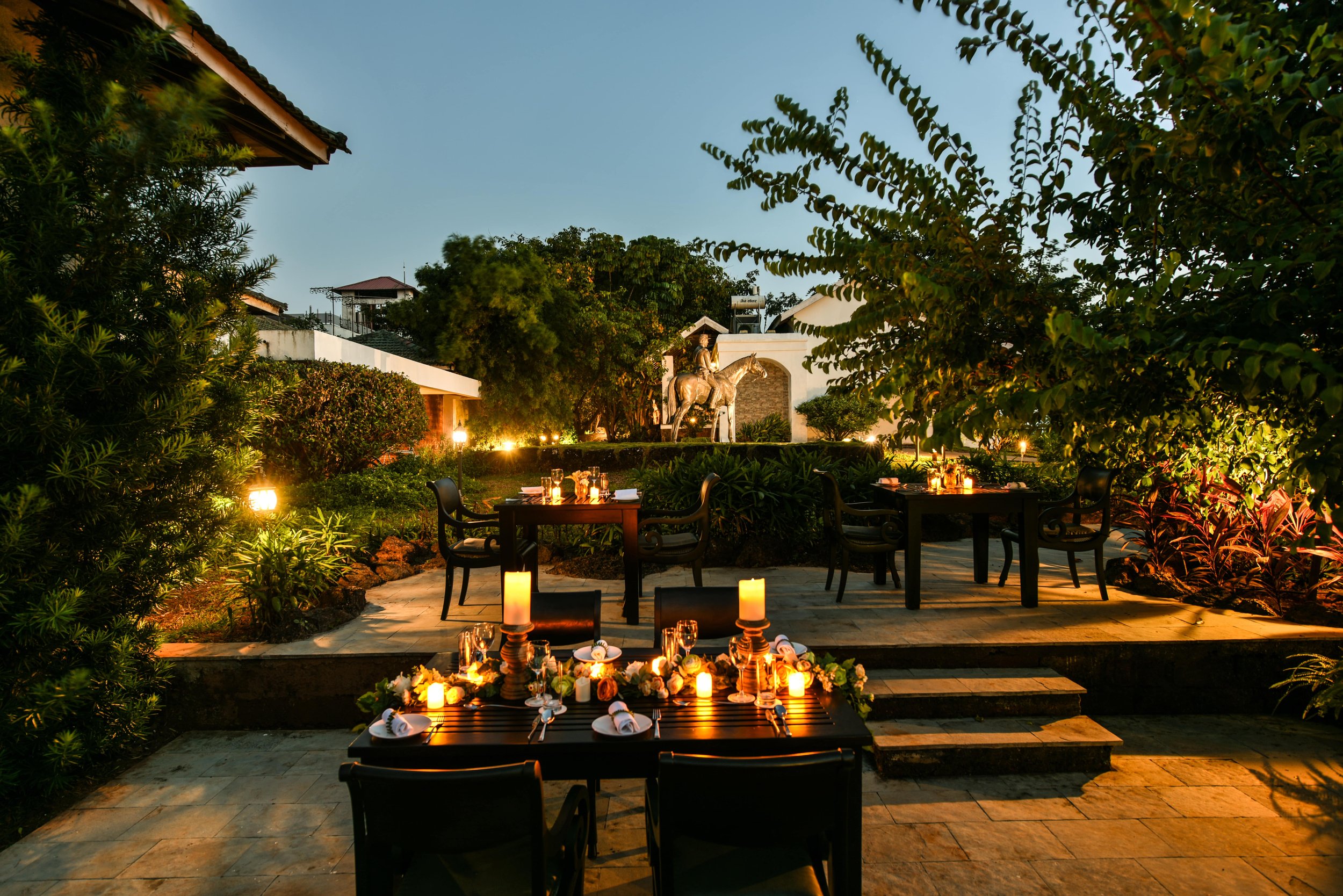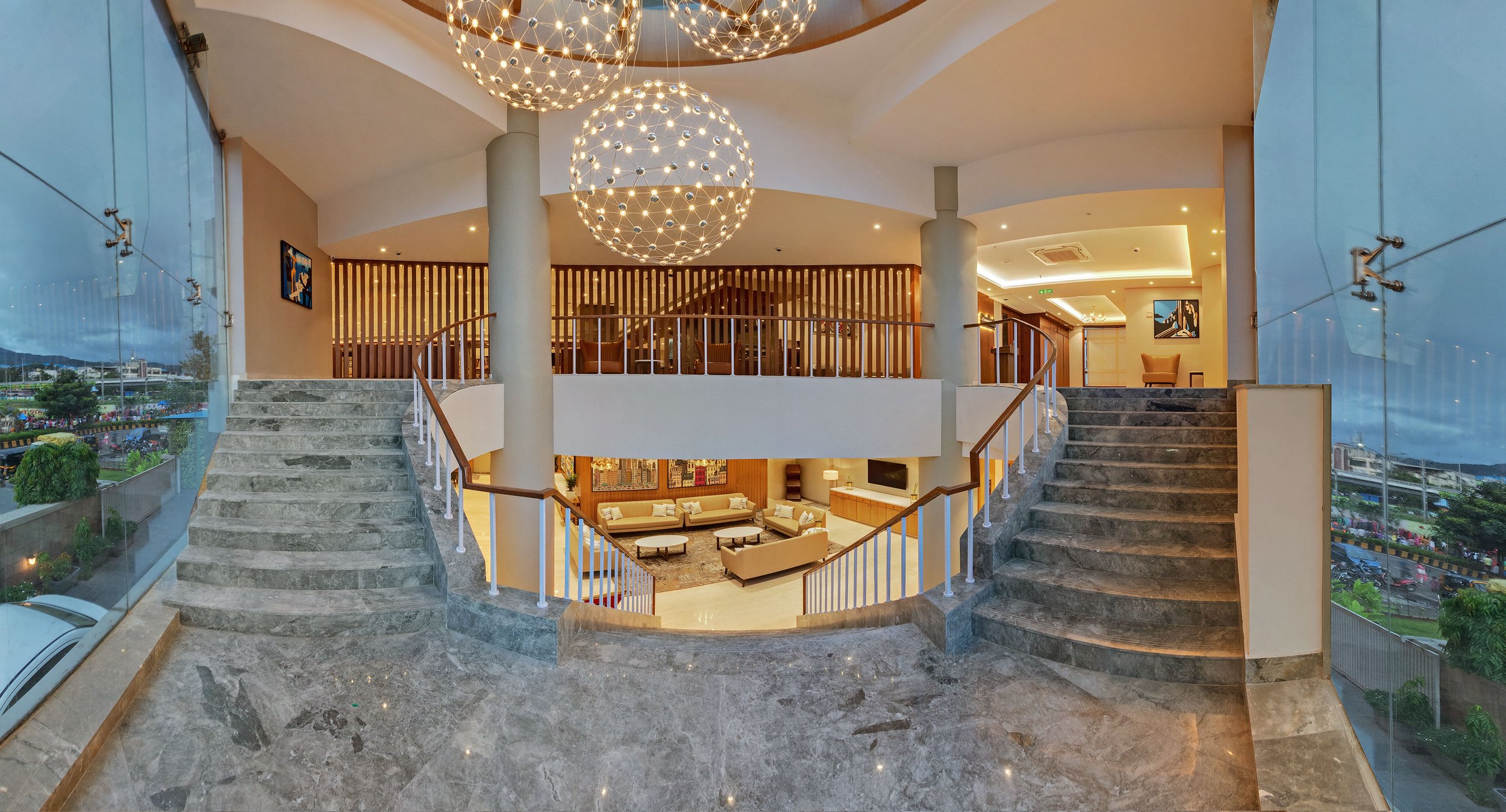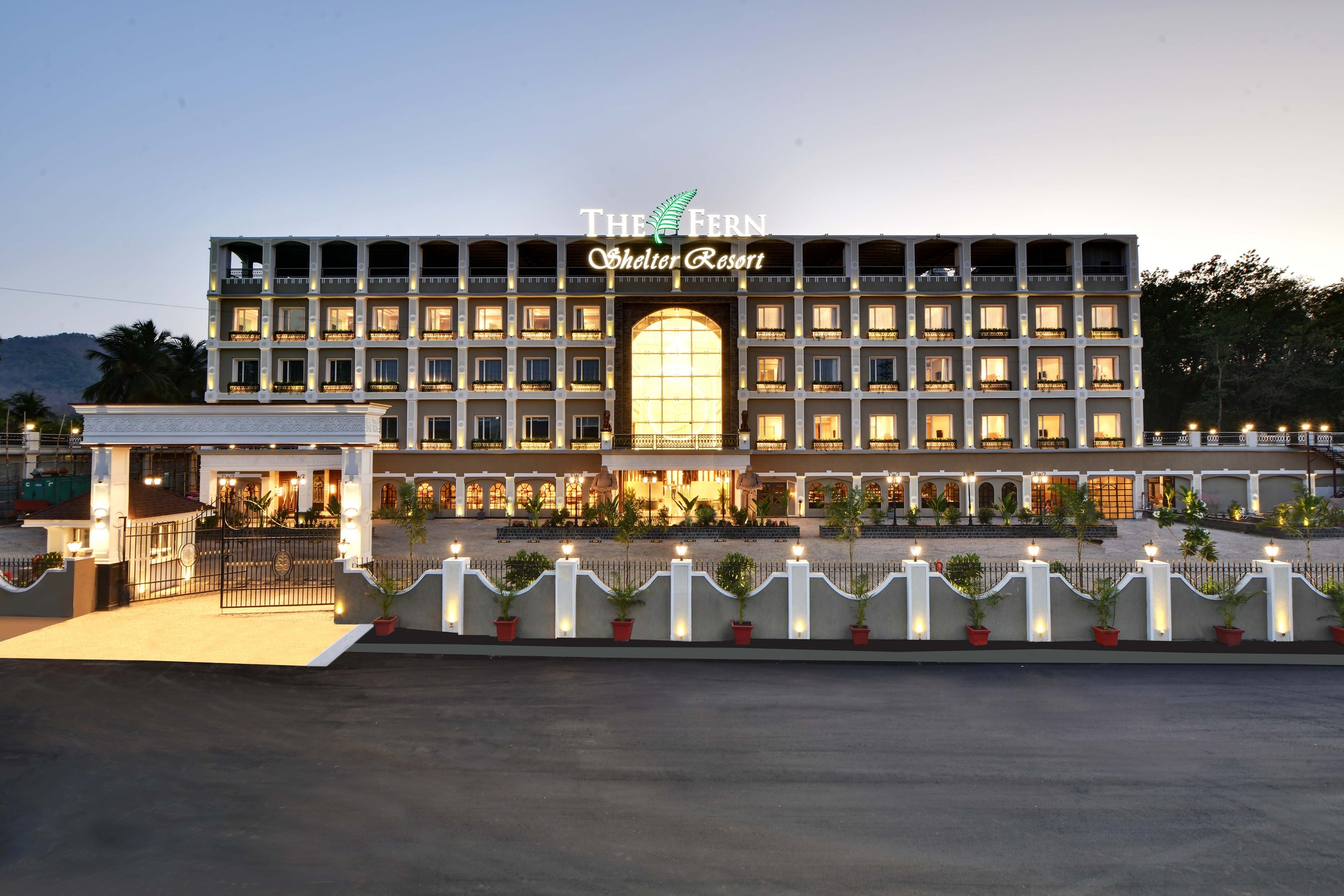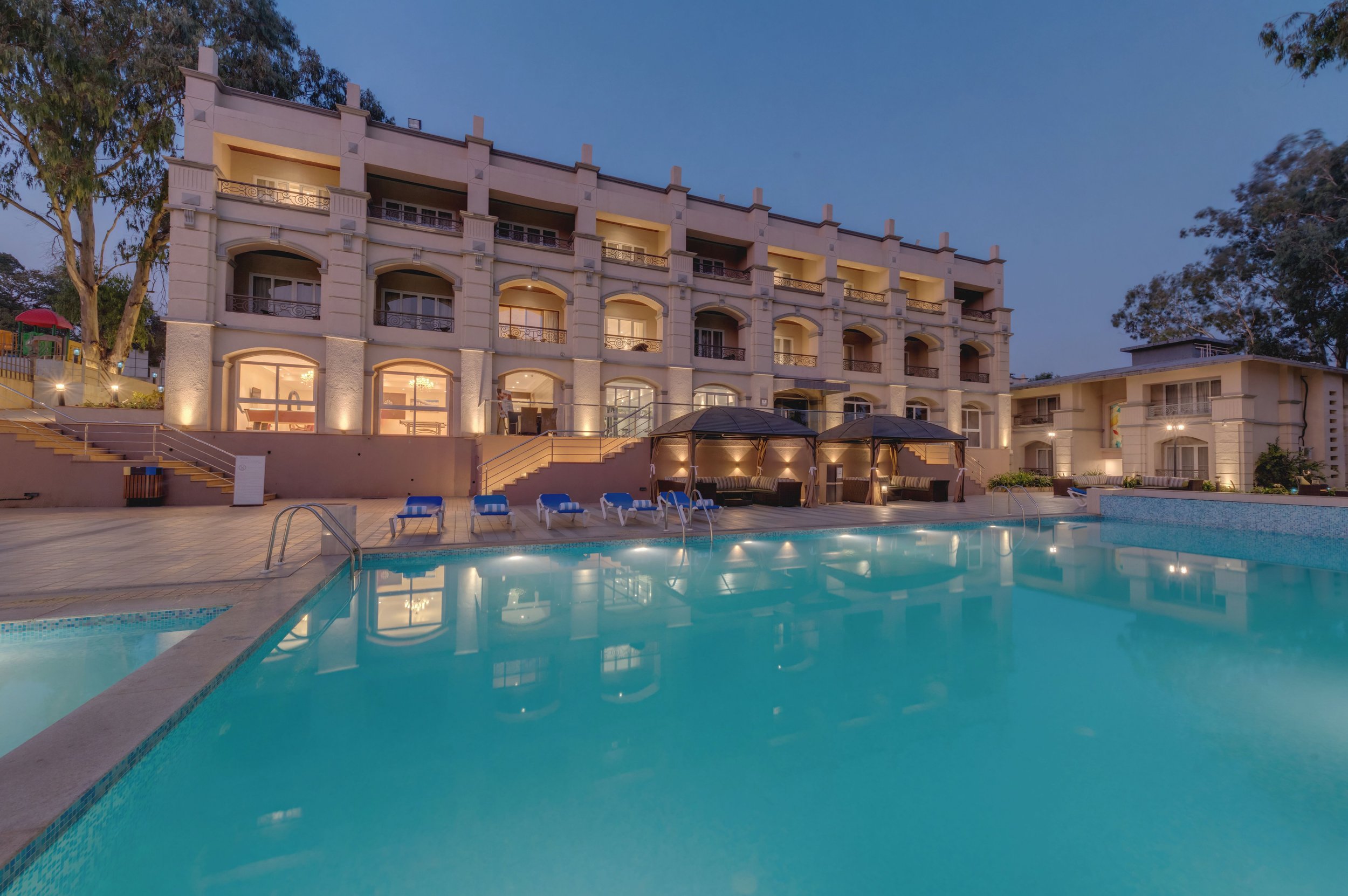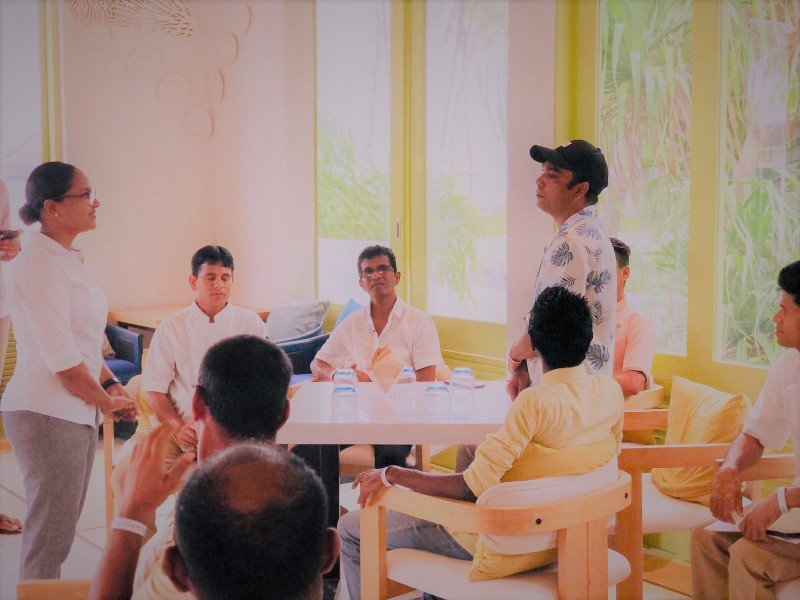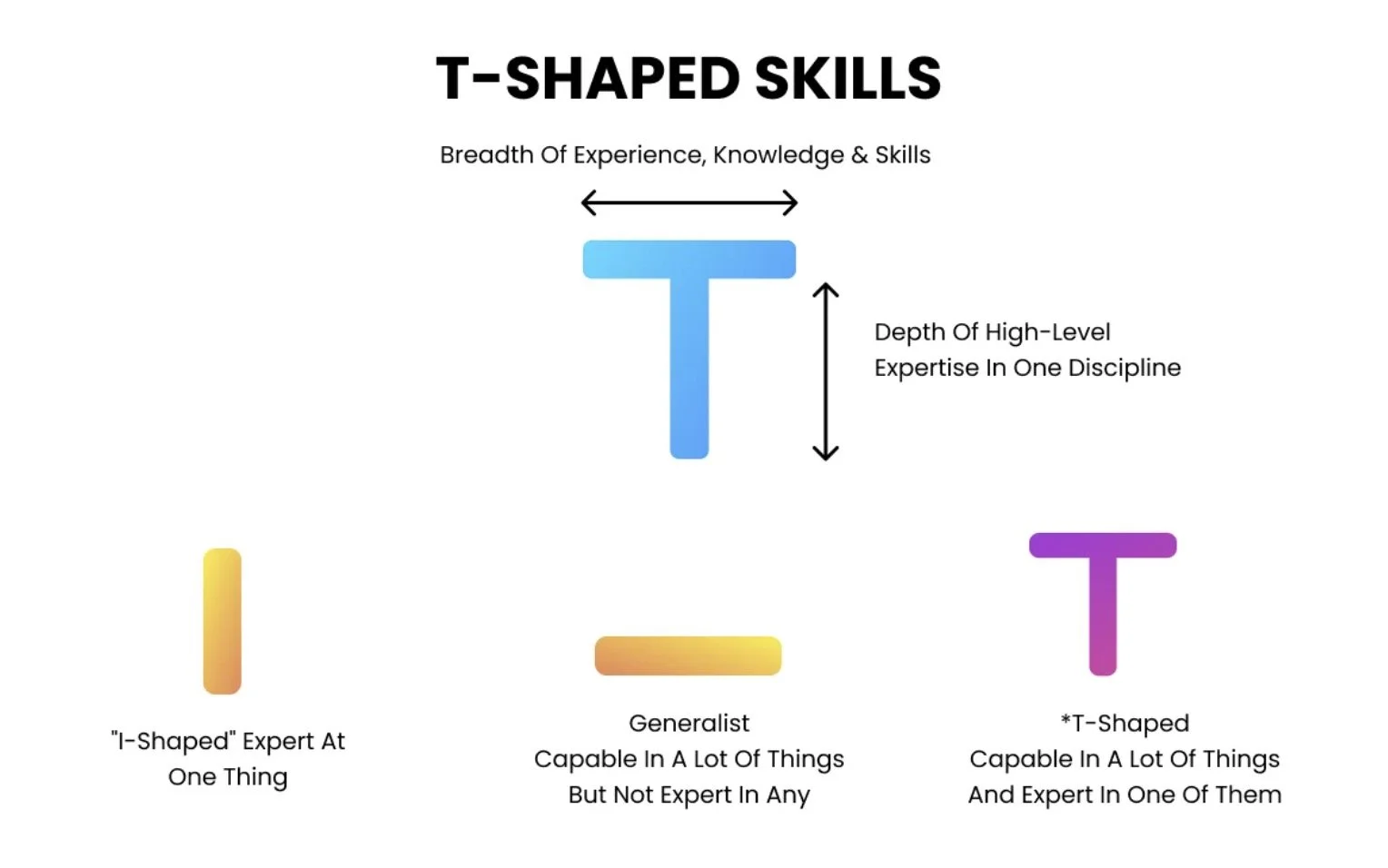Changing Landscapes of Hospitality in 2024.
/As we step into the financial year of 2024 we have already witnessed some crazy shifts happening in the hospitality industry by which we can make an assumption that 2024 will be a rock breaking year for the Industry. In this article let's explore a few areas that are making a bigger impact in the industry and changing the way hospitality Landscapes have been changing as the months pass by.
Empowering the Hospitality Workforce:
As per the report, the hospitality industry has witnessed a significant surge in employee compensation, resulting in an average projected increase of 9% or more. This marks a pivotal shift in the industry. This surge in the hospitality industry is not merely a financial adjustment but a strategic move to address the talent gap that emerged during the pandemic. With the hospitality industry gaining momentum globally, it has become crucial to retain experienced professionals. Now, it is more important than ever for hotel owners to invest in their teams to create a skilled and motivated workforce.
Moreover, this strategic approach resonates with the philosophy advocated by Mr. Prashant Mishra, CEO, and Founder of Retvens Services, a leading hotel revenue management company offering comprehensive hospitality management services. With Mr. Mishra's expertise in the field, hotel owners are guided towards optimizing their workforce and enhancing operational efficiency to meet the evolving demands of the industry.
Sustained Growth and High Demand:
The hospitality industry in India is set for steady growth in 2024, thanks to factors like the upcoming general elections, the government's renewed support for the sector, and ongoing infrastructure improvements. The rising demand for rooms, which has reached record levels, further confirms the industry's positive outlook.
Not only is the world interested in India for travel, but also as a center for business and investment. This increased attention on the hospitality sector comes at an opportune time, promising a prosperous year ahead.
ADR Growth and Global Expansion:
Our recent findings reveal a projected growth of 4.9% in Average Daily Rate (ADR) over the next year, a significant development in the hospitality sector. Moreover, the global landscape is set to witness the opening of more than 2500 hotels by 2024, highlighting a period of robust
expansion. Upon analysis, the growth in ADR underscores the rising demand, particularly in major cities. However, as the industry strives to meet this demand, it is anticipated that a plateau may occur once delayed projects and pipeline inventory catch up in the forthcoming years. This growth phase presents a unique opportunity for hoteliers to capitalize on the flourishing market, leveraging effective revenue management strategies to maximize profitability and ensure sustainable growth.
Rapid growth in Special Accommodations:
As the hospitality industry is growing rapidly the hotels are offering various accommodations types to the guest to make their stay more comfortable. Special accommodations, such as eco-friendly resorts, boutique hotels, themed lodges, hostels, tents, canvas, service apartments, Log Cabins, and more. are increasingly making a significant impact in the hospitality sector. These unique accommodations offer personalized experiences tailored to the preferences and values of modern travelers. With travelers seeking more authentic and immersive experiences, these special accommodations are poised to thrive in the years ahead. In 2024 and beyond, they are expected to drive growth in the hospitality industry by attracting discerning guests who are willing to pay a premium for memorable stays.
Moreover, these accommodations often prioritize sustainability, innovation, and community engagement, aligning with the evolving expectations of travelers and contributing to the overall sustainability and resilience of the industry. As a result, they are anticipated to play a pivotal role in shaping the future landscape of hospitality, fostering creativity, and driving economic growth.
Wellness: A New Path Forward:
The global market for health and wellness is expected to grow significantly, reaching nearly seven trillion US Dollars. This indicates a notable shift in priorities, with health now taking precedence. As the pandemic has highlighted the importance of prioritizing health and wellness. This change presents a great opportunity for the hospitality industry to adapt and meet the changing needs of travelers seeking comprehensive experiences.
Final Thoughts
In conclusion, as the curtain draws on the fiscal year, it is evident that 2024 is going to be a transformative period for the Indian hospitality industry. With notable growth in the workforce environment, coupled with sustained growth and an increase in special accommodations, the industry is all set to experience expansion. Moreover, the industry's emphasis on wellness underscores a shift in traveler priorities, generating ample opportunities for the sector to adapt and thrive. By embracing these developments and challenges with resilience, the hospitality industry is well-positioned to establish new benchmarks for excellence and create a path towards a vibrant and dynamic future.
Additionally, Retvens Services, a hotel revenue management company offering revenue management and marketing services, stands poised to support hotels in maximizing their profitability amidst these evolving trends.
About Author
Mr. Prashant Mishra is the founder and CEO of Retvens, India's premier Revenue Management company, operating in over 180 countries across 5 continents. As the host of "Connecting The Dots," a renowned Hospitality Podcast, Prashant delves deep into the nuances of the hospitality sector, sharing insights from industry leaders. With a rich portfolio and expertise, Retvens under Prashant's leadership, continues to revolutionize revenue management in the global hospitality industry.



